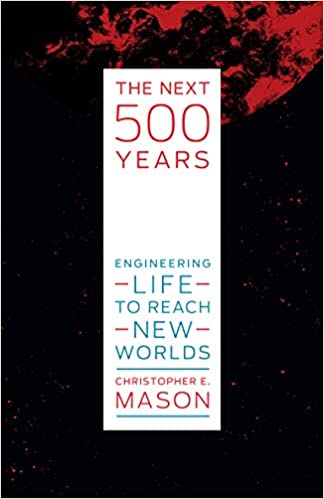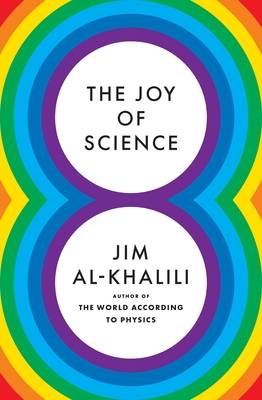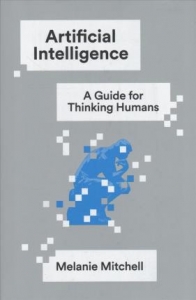“The Next 500 Years: Engineering Life to Reach New Worlds” with Professor Christopher Mason
We are the only known species that understands species go extinct. We also understand that climate calamity, apocalyptic war, or the demise of the sun in a few billion years will all inevitably bring life on Earth to an end. So it is extremely important we do whatever we can to avoid extinction. We have a moral obligation to prevent extinction, and we have a responsibility to act as life-form shepherds—not just for our species, but for all species on which we rely, as well as those yet to come. This may involve finding a new home planet, developing innovative ways to undertake long haul space journeys. This may also involve re-engineering life and human genetics for travelling to, and for surviving on other worlds. Dr Christopher Mason argues in his provocative and engaging book “The Next 500 Years: Engineering Life to Reach New Worlds” that we have a moral duty to do just that. In this episode of Bridging the Gaps I speak with Dr Christopher Mason and we discuss his inspiring vision of the next 500 years of spaceflight and human exploration.
Dr Christopher Mason is a professor of genomics, physiology, and biophysics at Weill Cornell Medicine and the Director of the WorldQuant Initiative for Quantitative Prediction. He is a geneticist and computational biologist who has been a Principal Investigator and Co-investigator of 11 NASA missions and projects.
We start by discussing the moral obligation, moral duty that we must protect our species against extinction and to ensure that life continues. We discuss the impact of living in hard and unfamiliar environment of space on the human body and talk through the findings of “the Twin Study” which examines the impact of nearly a full year in space on astronaut Scott Kelly, using his identical brother Mark as control. We then discuss moral and ethical dimensions of engineering life and making changes in human genome and undertaking genetic modifications of humans. We review the 500 years plan that Dr Chris Mason presents in this book and go through various phases of this plan. We talk about engineering of genomes, cellular engineering, synthetic biology and preparing humans for long haul space flights. We discuss in detail how CRISPR tool works and what it enables us to do. We also discuss feature and functional re-engineering of the human genome by borrowing features and functions from other species. We once again touch upon moral, ethical, and social implications of re-engineering life and try to imagine a future full of variety of life forms evolved through directed and iterative re-engineering of life, coming from the same source that is human.
Complement this discussion with The End of Astronauts”, Robotic Space Exploration and Our Future on Earth and Beyond with Professor Martin Rees and then listen to “Nano Comes to Life”: DNA NanoTech, Medicine and the Future of Biology with Professor Sonia Contera




Connect With Us